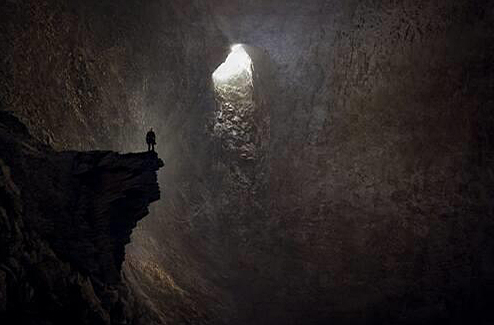
I woke up this morning. Usually, waking up seems nothing special, but my older brother Jeffrey won’t be waking up anymore; he died this past week after succumbing to brain cancer.
My brother and I were not particularly close; he’s lived in Connecticut for the past thirty years, a long way from California. Our childhood was fraught with conflict, and it colored my life. I’d watch Leave it to Beaver on TV and heartbroken, wonder why my older brother was not protective, warm and friendly like Wally Cleaver. I wanted Jeff to be like Wally, but he was more like Eddie Haskell: mean and ornery. I’ve always felt that my arrival as a baby was a terrible shock from which Jeff never recovered. Luckily, my younger sister Gina has been a life-long friend, and we’ve remained very close all these years.
At my age, the illness and death of friends is normal, but the death of my brother feels quite close by, with an immediacy all its own; it prompts me to reflect on my own mortality. To be sure, the certainty of death has had a strong presence in my life for a long time; my first major face-to-face happened when I was twenty-eight, forty-four years ago. I woke up from a very disturbing nightmare feeling heart-broken, and indeed, my heart was stuck in atrial fibrillation, an irregular and chaotic arrhythmia. I called my brother, who happened to be a doctor, and described what was happening; he told me to go to the hospital. That episode was just the first of many heart-related medical issues.
Thus it is I’ve never taken life for granted and have always felt death’s presence hovering nearby, just a heartbeat away. It’s that way for all of us, of course, the edge of the abyss, but unlike most, it’s not something I forget for long. Forgetfulness of death may be humanity’s greatest trick, both a blessing and a curse, and remembered it can be both as well. It depends upon how we work with it.
It’s common to fear death, which accounts for the endless stream of books and entertainment about murder, zombies and the supernatural, not to mention most religions and their versions of the afterlife. Part of that fear is about one’s own fate, and the other part about how our death will affect others, such as the people we love. Death leads us into the unknown, a fitting parallel to birth, which leads us into the unknown as well. Life and death are experiences of imagination, but only life lets us report about it.
I don’t believe in heaven or hell, salvation or damnation, but I’m not bereft of beliefs about death. To the contrary, I imagine death is not about leaving, but returning. Our universe is complete; nothing is wasted or disappears. Our physical bodies are comprised of stuff we’ve found and borrowed, and all of it must and will be returned, right down to the very last electron. The same is true of the life energy that animates us; it too will be returned to the reservoir from which it came. In truth, there is no leaving, no returning. Science, after all, tells us that matter and energy are essentially the same. In this way, what we are – the energy and matter Buddhists call densely packed space – is just that, the universe itself.